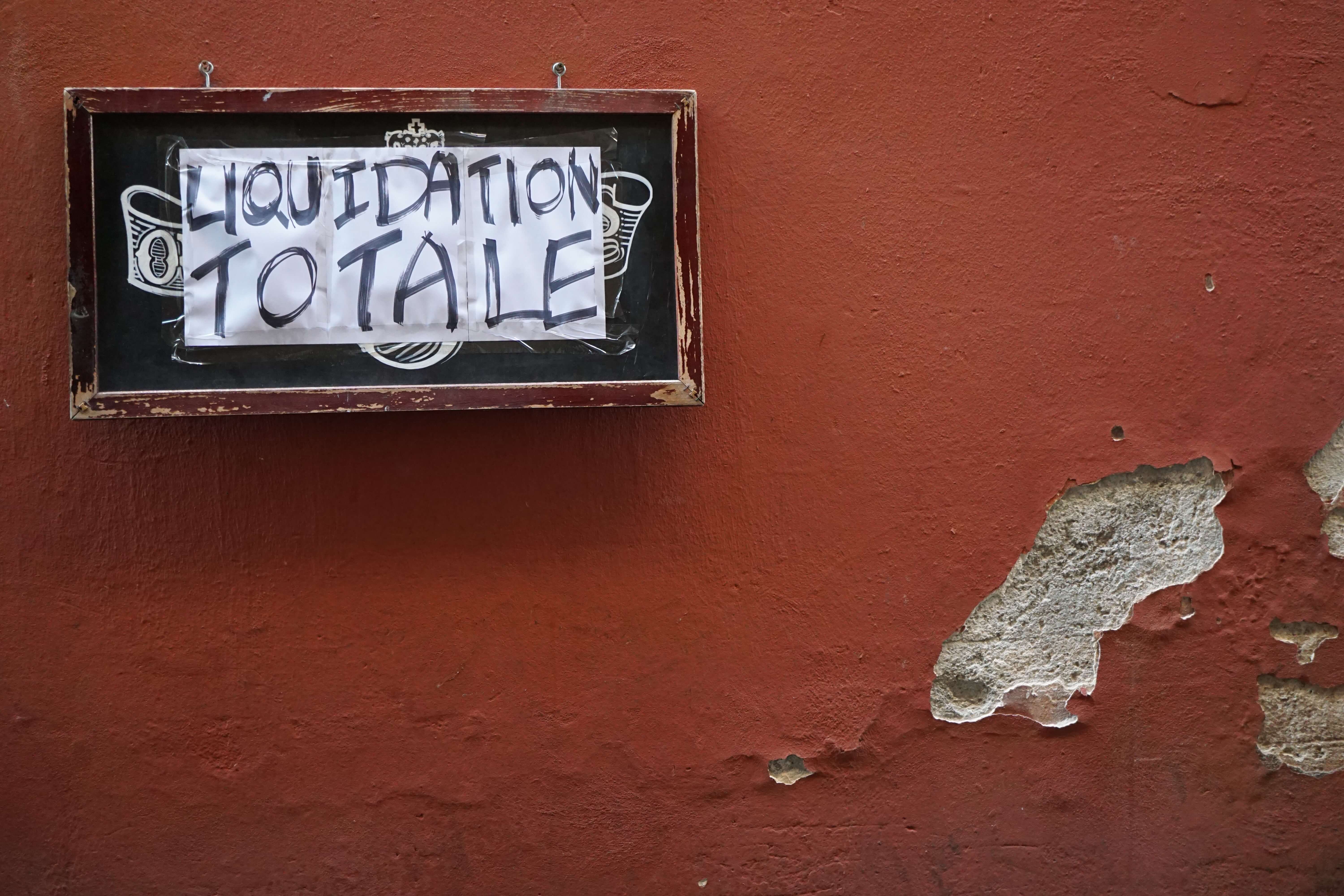Silicon Valley Bank and other regional banks, including Signature, collapsed last week, and this week we've learned that larger European banks are also tumbling, sending shockwaves across markets. This has happened because Credit Suisse, a prevalent bank, is feared to be insolvent after PIF, a prominent investor, refused to provide more funds. As a result, investors have built $16Bn against European banks, showing a lack of confidence in the banking industry despite certain European banks showing promising results. This has led to increased Credit Default Swaps, like insurance policies that protect investors if the banks fail to repay their debts.
Furthermore, markets are worried that central banks may continue to increase interest rates to control inflation, which could lead to more banks facing insolvency, like Credit Suisse. These events have caused significant pressure on the banking industry, with prominent hedge funds expecting the crisis to deepen, despite the intervention of the Swiss central bank and the Fed. This situation highlights the fragility of the banking industry, and it remains uncertain how long it will take for the sector to recover, as the fall of one could generate a domino effect worldwide.
Should a Bank Crisis Arise, What Could Happen To The Agriculture Industry?
A banking crisis could have a significant impact on the agriculture industry. Banks are a critical source of credit for farmers. A bank crisis could make it challenging for farmers to obtain the necessary financing to run their operations. In addition, a lack of credit could result in reduced productivity and output, as farmers may struggle to purchase inputs like seeds, fertilizers, and equipment, decreasing their farming capacity.
A banking crisis could also result in higher interest rates, making it more expensive for farmers to borrow money. This increased cost of borrowing could lead to reduced investment in the agriculture industry, further reducing productivity and output. Moreover, a banking crisis could cause a ripple effect across the entire agricultural supply chain, affecting the processors, traders, and retailers who depend on farmers' products.
Additionally, a banking crisis could impact the availability of international trade finance, which could severely impact the agriculture industry's exports. Reducing trade finance can result in higher costs, making it difficult for exporters to compete in the global market. As a result, farmers may face lower demand for their products, leading to decreased revenues and profits.
What About AgTech Start-Ups Looking To Raise Funds?
In a banking crisis, agtech startups looking to raise funds could face difficulties securing the necessary financing. A banking crisis can lead to a tightening of credit, making it challenging for startups to access the necessary capital to grow and expand their operations. Investors may also become more risk-averse, leading to decreased investment in the agtech sector.
Moreover, the higher interest rates resulting from a banking crisis could make it more expensive for startups to borrow money, making it challenging to manage their cash flow and meet their financial obligations. The cost of borrowing can be prohibitive for startups. It could also deter investors from providing funding, leading to a slowdown in the growth of the agtech industry, perhaps more important, as shown in the most recent AgFunder report.
A banking crisis can significantly impact the solvency of venture capital firms and investors. In such a crisis, venture capital firms may find it challenging to raise funds, and their existing investments may be negatively impacted, leading to reduced liquidity and solvency. The investors who have committed funds to these firms may also face challenges in meeting their financial obligations, leading to reduced liquidity and solvency at the individual level. Furthermore, the reduced liquidity and solvency can lead to a decrease in investment in the startup ecosystem, leading to a slowdown in innovation and job creation. Despite these challenges, venture capital firms and investors with strong financial positions and diversified portfolios may be better equipped to weather a banking crisis. They may be able to take advantage of opportunities that arise during such times and support the startups that can survive and thrive in challenging economic environments.
Photo by Tina Bosse on Unsplash



1 Comment